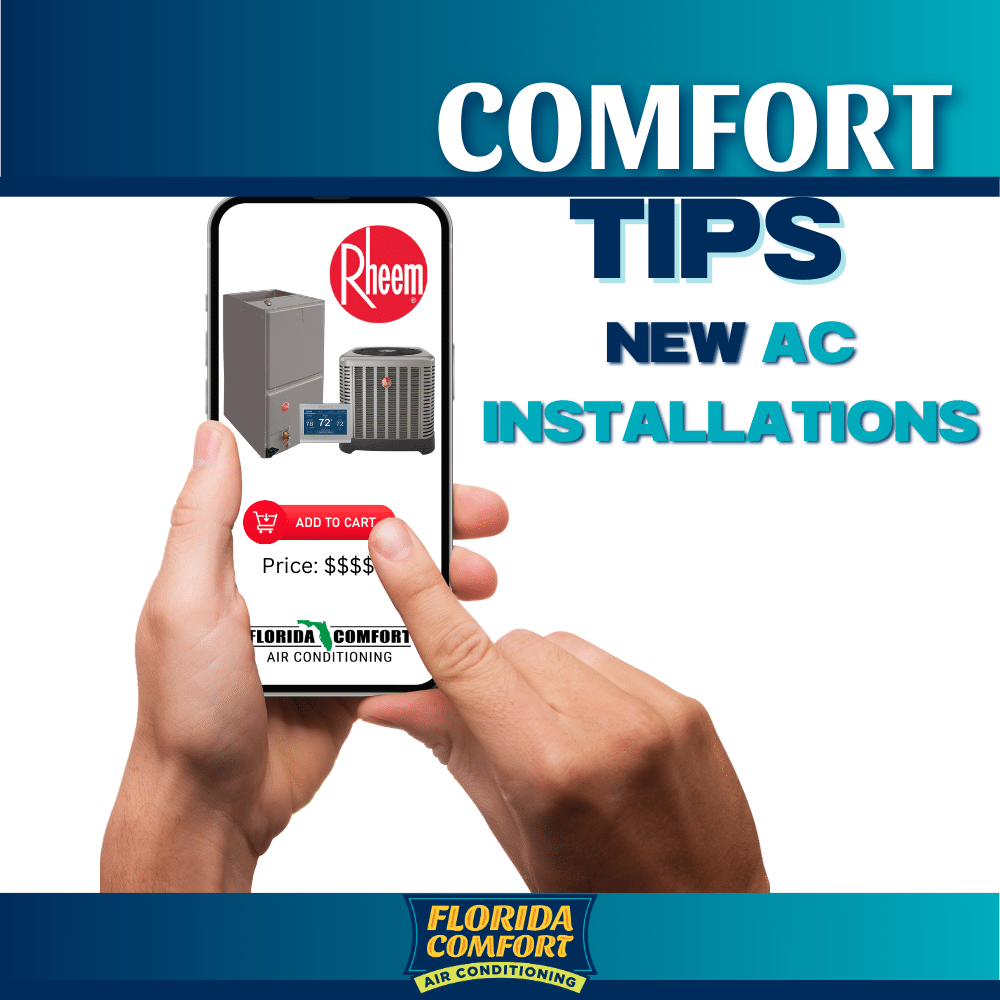Effortless Cooling: Essential Air Conditioning Replacement Tips for Ultimate Comfort!
A Comprehensive Guide to Air Conditioning Replacement: Making Informed Decisions for Optimal Comfort
Facing the decision to replace your air conditioning system is a significant undertaking. To ensure optimal comfort and efficiency, it’s crucial to consider several key factors before making a purchase. This comprehensive guide will walk you through essential considerations, empowering you to make informed decisions that align with your needs and preferences.
Brand of Equipment
When exploring air conditioning replacement options, the brand of equipment plays a pivotal role. Reputable manufacturers such as Trane, Carrier, Rheem, Ruud, Amana, Goodman, Lennox, American Standard, and Mitsubishi Electric are known for producing reliable and efficient systems.
Local Supply House
Check for the availability of a local supply house for replacement parts for the specific manufacturer of equipment. Having one nearby ensures quick access to components, minimizing downtime in case of repairs and replacements. If there isn’t a local supply house near you, that is still okay to chose that specific manufacturer, you may just be without air conditioning for a few days if your HVAC company near you has to order the part via shipping.
Air Conditioning Cost
Price is a significant consideration. Evaluate the upfront cost, ongoing operational expenses, and potential long-term savings through energy-efficient models. Seek quotes from multiple providers to make an informed financial decision. An average price for an air conditioner split system in Southwest Florida ranges from $7,500 to $12,000 depending on multiple factors such as size of equipment, efficiency, and warranties.
Air Duct Replacement
If your air ducts are of the same age as your old system, consider replacing them simultaneously. New, well-designed ductwork can enhance efficiency and airflow, maximizing the benefits of your new air conditioning system. An important factor to deciding on the air ducts are the R-factor. R-factor measures how well insulation can resist heat flow. The higher the R-factor, the more efficient and cooler your home will be.
High Efficiency Air Conditioning Systems
Assess the efficiency of the AC system by looking at its SEER (Seasonal Energy Efficiency Ratio) rating. Higher SEER ratings indicate greater efficiency, potentially leading to lower energy bills over time.
In 2023, Florida introduced new energy regulations with a focus on SEER (Seasonal Energy Efficiency Ratio) ratings for air conditioning systems. The SEER 2 regulations aim to enhance energy efficiency, requiring HVAC systems to meet higher standards for cooling performance. Homeowners and businesses must now consider these regulations when installing or replacing air conditioning units to ensure compliance with the state’s energy efficiency guidelines.
Air Conditioning Financing
Explore air conditioning financing options available from manufacturers or local HVAC providers. Many offer flexible payment plans to make the investment in a new system more manageable. Many companies offer many financing options, with zero down payment and zero-interest for 18 months!
Best Home Insulation
The best insulation for hot climates includes reflective options like radiant barriers, along with closed-cell foam and fiberglass batts, offering effective heat resistance. Consider the local climate and insulation R-values when choosing the most suitable option for energy efficiency and comfort. Several insulation types are suitable for hot climates, and the optimal choice hinges on factors such as climate, building type, and budget. Common materials for warm regions encompass cellulose, spray foam, and fiberglass insulation.
AC Repair VS Replace
Evaluate the condition of your existing system. If it’s aging and requires frequent repairs, investing in a replacement may be more cost-effective in the long run. Consider the potential savings on repair costs and energy bills with a new, efficient system. If your air conditioner is out of warranty and is around 10 years in age, then it may be time to consider a new one.
Air Conditioner Life Expectancy
A well-maintained air conditioner typically has a life expectancy of 10 to 15 years. Consider the age of your current system when deciding whether to invest in repairs or opt for a replacement. Another factor on life expectancy is how frequent you run your air conditioner. If you live in Florida full time, and keep your air conditioner set at 74 degrees year long your system will be running more frequent than a seasonal resident who keeps their thermostat set to 80 degrees. Therefore, resulting in replacement sooner than the seasonal resident.
Comfort Zone Heating and Cooling
Consider whether you have specific cooling preferences for different areas of your home to create a comfort zone. Modern systems offer zoning options, allowing you to customize temperatures for individual rooms, such as the master bedroom. Another option would be increasing duct size to a certain room for more air flow to that specific room.
Local Regulations and Codes
Ensure that the chosen air conditioning system complies with local regulations and codes. Adhering to these standards is essential for the safety, efficiency, and legality of the installation. Make sure your HVAC company pulls the county permits that meet local building codes.
Replacing your air conditioning system involves careful consideration of various factors, from the brand and efficiency to financing options and installation quality. By prioritizing these elements and seeking guidance from reputable HVAC professionals, you can make a well-informed decision that aligns with your comfort goals and budget. Remember, investing in a new system is an investment in the long-term comfort, efficiency, and well-being of your home.

